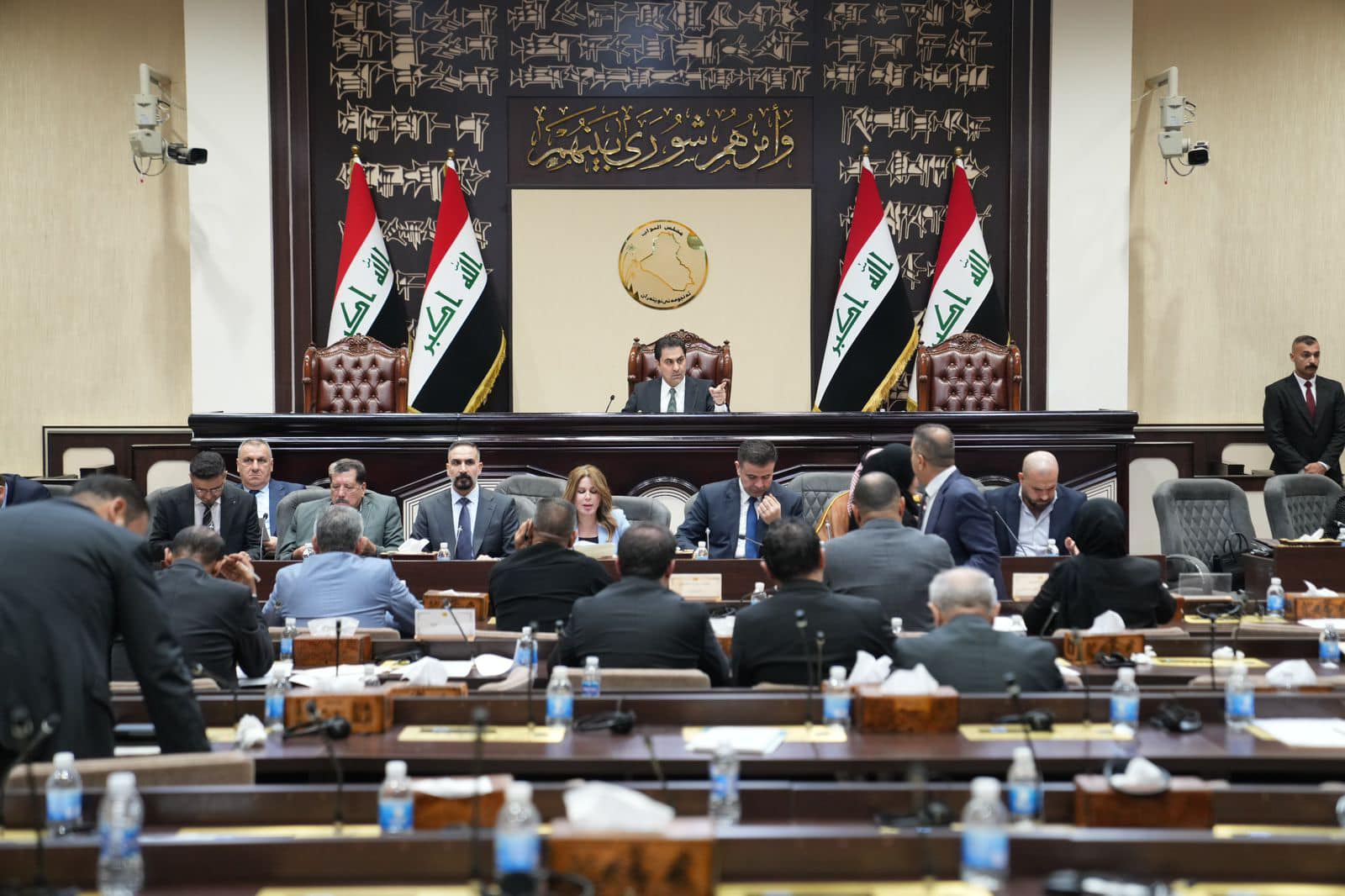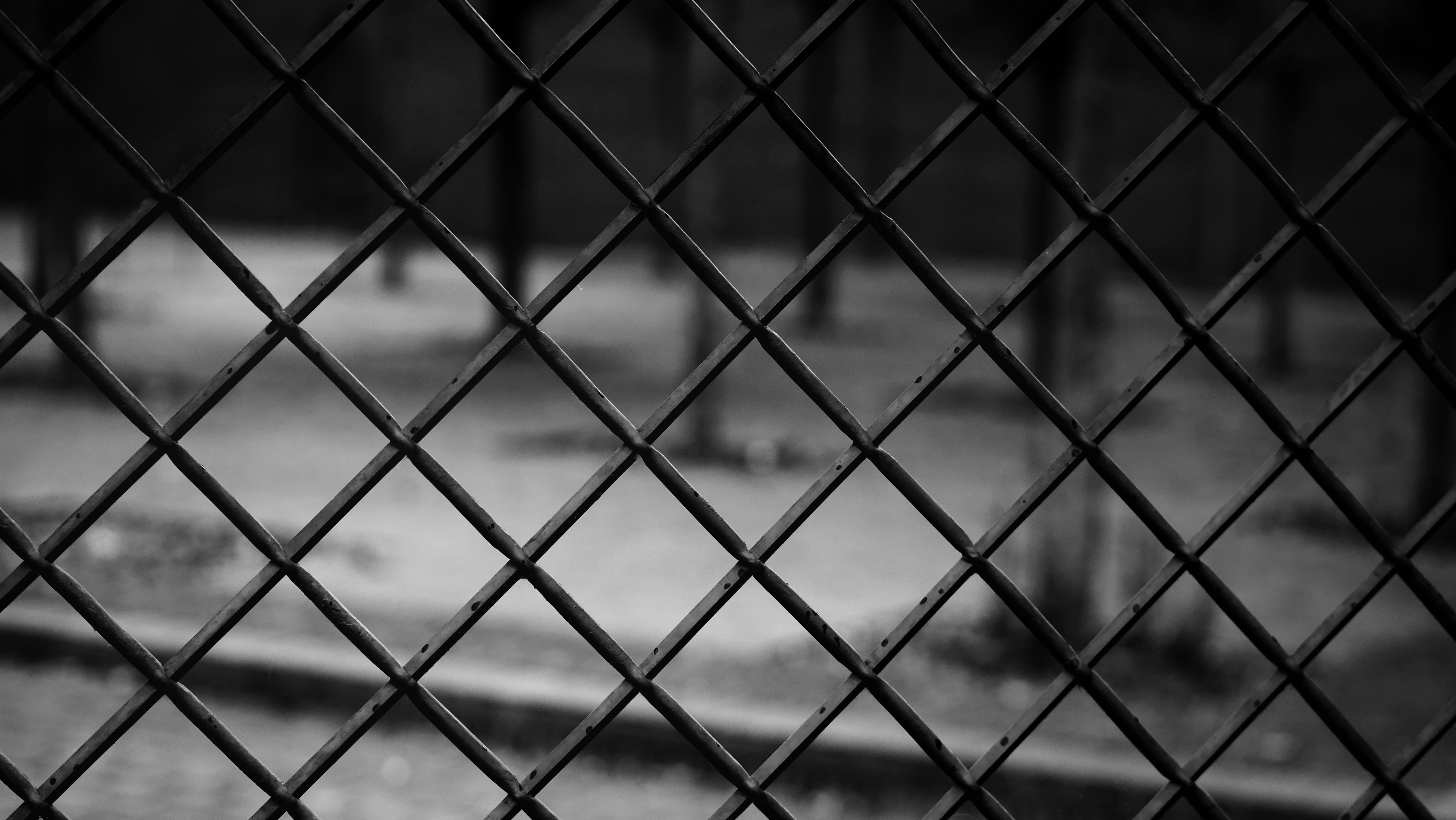A draft to amend the general amnesty law has sparked anger among the Ezidis (Yazidis) and other minorities in the Nineveh Plain. The draft is a "Sunni" demand previously established in the ministerial program of the Iraqi government.
The draft law, which reached the Iraqi parliament a year ago, aims to add a paragraph defining and clarifying "affiliation with terrorist organizations" to the General Amnesty Law No. 27 of 2016 yet it has not been approved.
"The whole world knows the extent of the crimes committed by Daesh (ISIS) against the components of the Nineveh Plain, so all components refuse to amend the general amnesty law for fear that it will become a gateway to releasing those accused of terrorism and mass murder crimes," said Jalal Elias, a human rights activist in Bashiqa familiar with the file of the components of the Nineveh Plain.
All components refuse to amend the general amnesty law
Jalal believes that amending the law is “unfair to the components. Those involved in crimes against citizens cannot be released, so we demand that those involved in terrorist acts and those who cooperated with them be punished.”
The Nineveh Plain includes many ethnic and religious components such as Ezidis, Christians, Shabaks, Armenians, Kurds, and Arabs. Thousands of these components were killed, kidnapped, and displaced during the attacks of ISIS militants in 2014.
Seized in August 2014 by IS militants whom accused the Ezidis of being “heretics,” Shingal has been the scene of tragedy: a genocidal campaign of killings, rape, abductions and enslavement, amounted to genocide lately acknowledged by the United Nations and parliaments of Belgium and Netherlands.
Thousands of Ezidi women, girls and kids were enslaved and taken as sex slaves. The Kurdistan Regional Government KRG office for rescue of abducted Ezidis says 6,417 Ezidis were enslaved by IS when it took over Shingal in 2014 and 2,700 of them are missing up today.
Over 200 mass graves holding the remains of as many as 12,000 victims have been discovered in areas formerly controlled by IS in Iraq during 2014 to 2017, in the governorates of Ninewa, Kirkuk, Salah al-Din and Anbar in the northern and western parts of Iraq, according to a UN report released in November 2018.
Naji Hormuz, the mayor of the Telskuf area in the Alqosh district (Nineveh Plain), said, “We reject amending the general amnesty law because there is no difference between terrorists and those who assisted them. They should all have been punished, not released because of amending the law.” Hormuz, who was affected by the ISIS war, added, “We as Christians were greatly affected. Our homes were destroyed, we were displaced from our homes, and we saw dozens of hardships and calamities.”
Twenty years ago, Iraq was home to more than 1.5 million Christians, making up 3% of the country's population. By 2003, this number had decreased to 800,000 after the Gulf War. The majority of Christians reside in provinces of Baghdad, Nineveh, Duhok, Kirkuk, and Erbil.
Recent data indicates that the current Christian population in Iraq ranges from 250,000 to 500,000. According to the Iraqi High Commission for Human Rights in March 2023, the number of Christians in Iraq has dropped to 250,000, with most of them living in the (KRI).
The Iraqi constitution recognizes Christianity as the second religion in the country after Islam and designates Syriac as the official language for Christians.

The Iraqi parliament session in which the first reading of the draft law amending the general amnesty law was completed, Baghdad, August 4, 2024. Iraqi Parliament Media
A statement by the Iraqi Council of Representatives indicated that the Council had finalized the initial reading of the draft law amending the General Amnesty Law on August 4. The amendment specifically focuses on clarifying the second paragraph of Article 4 of the law, which outlines those not covered by the amnesty.
The second paragraph stipulates that the amnesty does not cover individuals who have committed a terrorist crime “resulting in murder or permanent disability, sabotaged state institutions, fought against the Iraqi armed forces, or aided, incited, or agreed to any terrorist acts.”
Dara Sekaniani, a member of the Legal Committee in the Iraqi Parliament, told KirkukNow that “the government referred the draft law amending the General Amnesty Law to parliament and was part of the ministerial program of the Iraqi Prime Minister. This is the second amendment to the General Amnesty Law and somewhat a Sunni demand.”
The Iraqi Council of Ministers decided in July 2023 to prepare and send the draft amendment to the parliament.
Sunni political leaders, including the former Speaker of Parliament and head of the Progress Party, Mohammed al-Halbousi, and head of the Sovereignty Party, Khamis al-Khanjar, have emphasized the need to amend the general amnesty law within the framework of forming the government and the ministerial program.
Sharif Salman, Yazidi MP in the Iraqi parliament, told KirkukNow, "We will not accept in any way the amendment of the general amnesty law. We will exert internal and external pressure. We are also in favor of releasing the innocent, but we will not allow the amnesty of hundreds of other people who committed crimes."
We will not allow the amnesty of hundreds of other people who committed crimes
To come into effect, the Iraqi parliament has to finalize the second reading of the amendment bill and ratify it.
After the fall of the Baath regime in 2003, Iraq issued three general amnesty laws, the first in 2002, the second in 2008, and the last in 2016, which was amended once, awaiting a second amendment.





